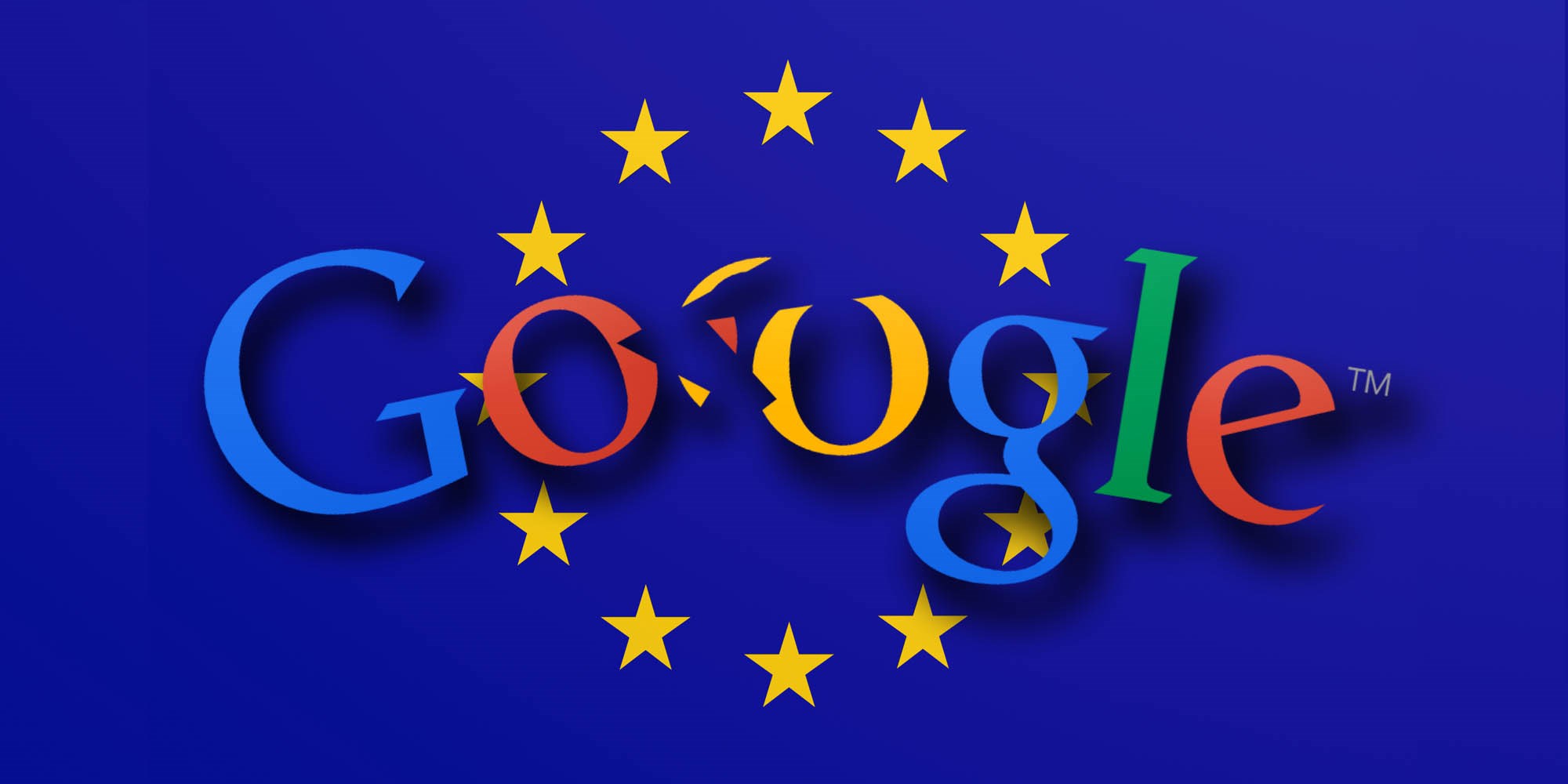Google, Meta have to explain algorithms under new EU legislation
The EU has agreed on another ambitious piece of legislation to police the online world.
-

Google, Meta have to explain algorithms under new EU legislation
After hours of deliberation, the EU agreed on the general terms of the Digital Services Act, or DSA, which would require digital companies to take greater responsibility for the information that appears on their platforms.
New responsibilities include eliminating unlawful content and commodities more swiftly, clarifying how their algorithms work for consumers and researchers, and taking tighter action against disinformation propagated. Noncompliance can result in fines of up to 6% of a company's yearly revenue.
“The DSA will upgrade the ground rules for all online services in the EU,” said European Commission President Ursula von der Leyen in a statement. “It gives practical effect to the principle that what is illegal offline, should be illegal online. The greater the size, the greater the responsibilities of online platforms.”
Margrethe Vestager, the European Commission's Competition Commissioner who has pioneered much of the EU's internet regulation, stated that the act would "guarantee that platforms are held accountable for the risks their services potentially represent to society and consumers."
The DSA should not be confused with the DMA, often known as the Digital Markets Act, which was passed in March. Both acts have an impact on the tech world, but the DMA is concerned with ensuring a level playing field for businesses, whilst the DSA is concerned with how corporations to police content on their platforms. As a result, the DSA will most likely have a more direct impact on internet users.
Although the legislation only applies to EU people, the impact will undoubtedly be felt in other parts of the world as well. Global technology businesses may conclude that it is more cost-effective to establish a unified content-policing policy and use the EU's more tough restrictions as a model. While lawmakers in the United States are eager to reign in Big Tech with legislation, they have already begun to look to the EU's rules for guidance.
The DSA's complete wording has yet to be revealed, however, the European Parliament and European Commission have specified many duties it will include.
The duties
The pivotal requirements the EU added for digital platforms are the following:
- It is illegal to target advertisements based on a person's religion, sexual orientation, or ethnicity. Targeted advertising is also not permitted for minors.
- "Dark patterns," or user interfaces that are misleading or deceptive to steer users into making specific choices, will be outlawed. According to the EU, canceling subscriptions should be as simple as signing up for them.
- Large online platforms, such as Facebook, will be required to make the operation of their recommender algorithms (such as those used for categorizing content in the News Feed or recommending TV episodes on Netflix) transparent to consumers. Users should also be provided with a recommender system that is "not dependent on profiling." In the case of Instagram, this would imply a chronological feed (as it was introduced recently).
- Hosting firms and internet platforms would be required to explain why they removed illegal content and provide users with the chance to appeal such removals. However, the DSA does not define what content is unlawful and instead leaves this up to individual countries.
- Researchers will need critical data from the main internet platforms to "give additional insight into how online threats emerge."
- To track down those selling unlawful products or services, online marketplaces must preserve basic information about dealers on their platforms.
- Large platforms will also need to develop new techniques for dealing with misinformation during times of crisis (a provision inspired by the recent invasion of Ukraine).
Read more: UK, EU to investigate Google and Meta anti-trust breaches
The DSA, like the DMA, will differentiate between different sizes of tech businesses, with greater requirements placed on larger companies. The largest companies, those with at least 45 million EU users, such as Meta and Google, will face the most scrutiny.
These internet corporations have worked hard to weaken the DSA's rules, notably those relating to targeted advertising and sharing data with independent researchers.
Although the EU member states have now agreed on the general outlines of the DSA, the legislative text must still be finished and the act legally approved into law. However, at this time, this final step is seen as a formality. The requirements will apply to all businesses 15 months after the act is passed into law, or on January 1, 2024, whichever comes first.

 5 Min Read
5 Min Read








